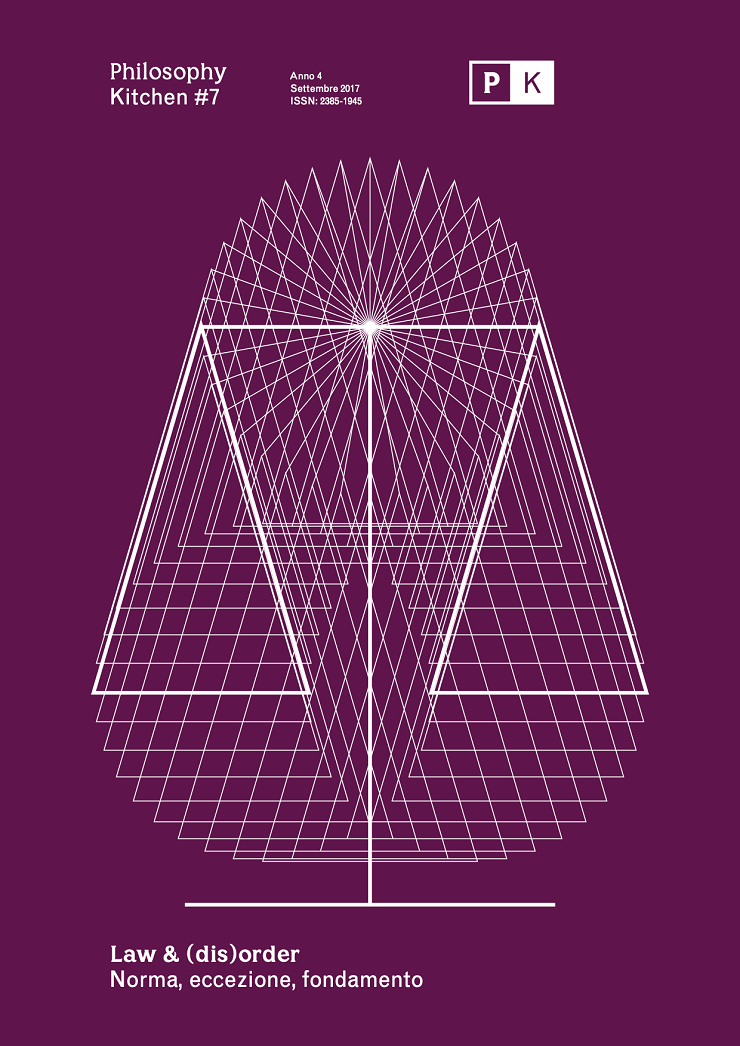La forza della legge fra kratos e Gewalt. Dalle tesi del Trasimaco platonico a Max Weber
DOI:
https://doi.org/10.13135/2385-1945/3864Abstract
In Max Weber’s typology of legitimate rule, the element of “force” (Gewalt) does not appear among the legitimating factors. During the classical period of the polis, however, the element of “force” (kratos, also meaning “power” and “strenght”) had been considered as one possible basis for the right to rule, among other legitimating principles like nomos, aretè, episteme, and plethos. With the intention of contributing to the understanding of the distinction between ancient and Weberian conceptions of “force” in relation to the legitimation process as the process of authority-building, this article compares and contrasts the views of Weber with those of Thrasymachus. In fact, in The profession and vocation of politics Weber quotes Trotsky, who had declared that «every state is founded on force (Gewalt)», and elevates force to a conditio sine qua non for the existence of the modern State (where the physical force includes the capacity to be violent). Nevertheless, his view is quite different from that of Thrasymachus, when he declares that «justice is nothing but the advantage of the stronger», assuming that justice exists only as an expression of the will of the strongest forces in society. This article explores the implications of the passage from the triad of “force”, “power to rule”, and “justice as advantage of the stronger” (Thrasymachus) to the triad of “power (Herrschaft), “force/coercion (physical or psychic), and “legitimacy” grounded in the beliefs or conceptions of actors (Weber).





